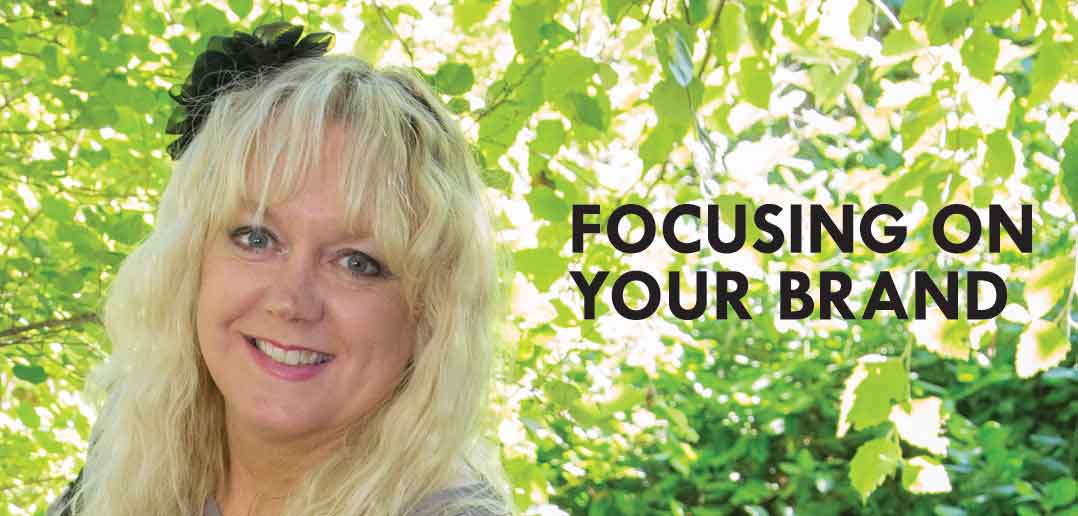Step One: Compete With Your Unique Selling Proposition, Not With Price
In our letter last month, we discussed the importance of a Unique Selling Proposition (USP) and the three key traits that define it. In brief, a USP is a unique claim or promise of benefits, it is distinctly different from the competition, and it is attractive enough that it motivates the consumer to choose you. While traditional branding and marketing can succeed at generating new leads and increasing the general public’s awareness, a USP approach is different because it competes for a specific customer with a specific promise. When a smaller business cannot compete with a large corporation on price, identifying a different demand can save their business. For examples of how to identify demand and compete on more than just price, we referenced Michael Senoff’s USP Magic System Tools transcript.
Senoff succinctly explains the problem for small businesses: “Many small businesses try to compete on price then blame Wal-Mart when they fail. As ‘the low-price leader,’ Wal-Mart pretty much owns the market on bargain hunting, but that doesn’t mean you can’t compete. It just means you should probably stop trying to compete on price.”
One of the best ways to begin thinking about your own USP is to pay attention to the language used by companies that were able to successfully generate demand. Ask questions like, what kind of person is this advertisement appealing to and what promise is it making?
- Nyquil uses descriptive language which promises to fix specific symptoms: “The nighttime coughing, achy, stuffy head, fever, so you can rest medicine.”
- FedEx promised more than just fast delivery with this specific promise: “Absolutely, overnight.”
What is noteworthy about these examples is they appeal to a specific demand. Whichever business reaches a market first will gain a competitive advantage over newcomers because of the “top-of-mind awareness” phenomenon. This makes it especially important to identify what will cause the consumer to turn his or her head. If your USP is offering the cheapest product possible to bargain hunters, emphasize low prices, but if your USP is offering designer brands, your marketing should focus on beauty and style.
It is important to remember that a USP will be forced to change as the market changes over time. In the 1970s, when Dominos first became famous for delivering pizza in less than 30 minutes, they innovated a new demand for speedy pizza delivery. As time passed, all pizza delivery services were forced to compete with Domino’s promise of “Fresh, hot pizza delivered in 30 minutes or less, guaranteed.” Contrast this with a later Dominos’ slogan: “Get the door, it’s Dominos.” This doesn’t promise anything specific about why you should order their pizza. It is succinct, but not effective.
While brevity can help a slogan or advertising message be memorable, brevity without clarity will not effectively tell a customer why your business is unique. The importance of clarity for businesses has been illustrated brilliantly by Drew Eric Whitman, author of Ca$hvertising: How to Use More than 100 Secrets of Ad-Agency Psychology to Make Big Money Selling Anything to Anyone. Whitman tells the story of how, while teaching frustrated business owners how to avoid wasting money on bad advertising, he would ask them to persuade him to become their customer. After listening to their attempt to persuade him, Whitman would always ask, “Why should I care!?!” in a booming voice. Every time he would repeat this question, the business owner’s responses would improve. “Why should I care?” is the question every business owner needs to imagine the customer asking to identify a compelling USP.
Lowering prices is a dangerous way to compete, and not recommended. Why not focus on your expertise? Whether it’s a consumer’s sense of style or personal identity, or their desire for speed or convenience, finding a consumer demand you can guarantee to meet is the most effective way to stay ahead of competitors without continually slashing your prices.
Let Strictly Business Magazine help you lock in your status as The Expert in your industry, utilizing print, the internet and social media. Find out how by contacting Paige at (402) 466-3330.
Access over 297 hours of FREE downloadable mp3 audio interviews on sales, marketing, and business success experts. Michael Senoff has spent over a decade of his life creating fascinating streaming audio interviews with big-name marketers and getting them to spill the beans on how they got rich and famous and he’s offering his life’s work at www.hardtofindseminars.com.

